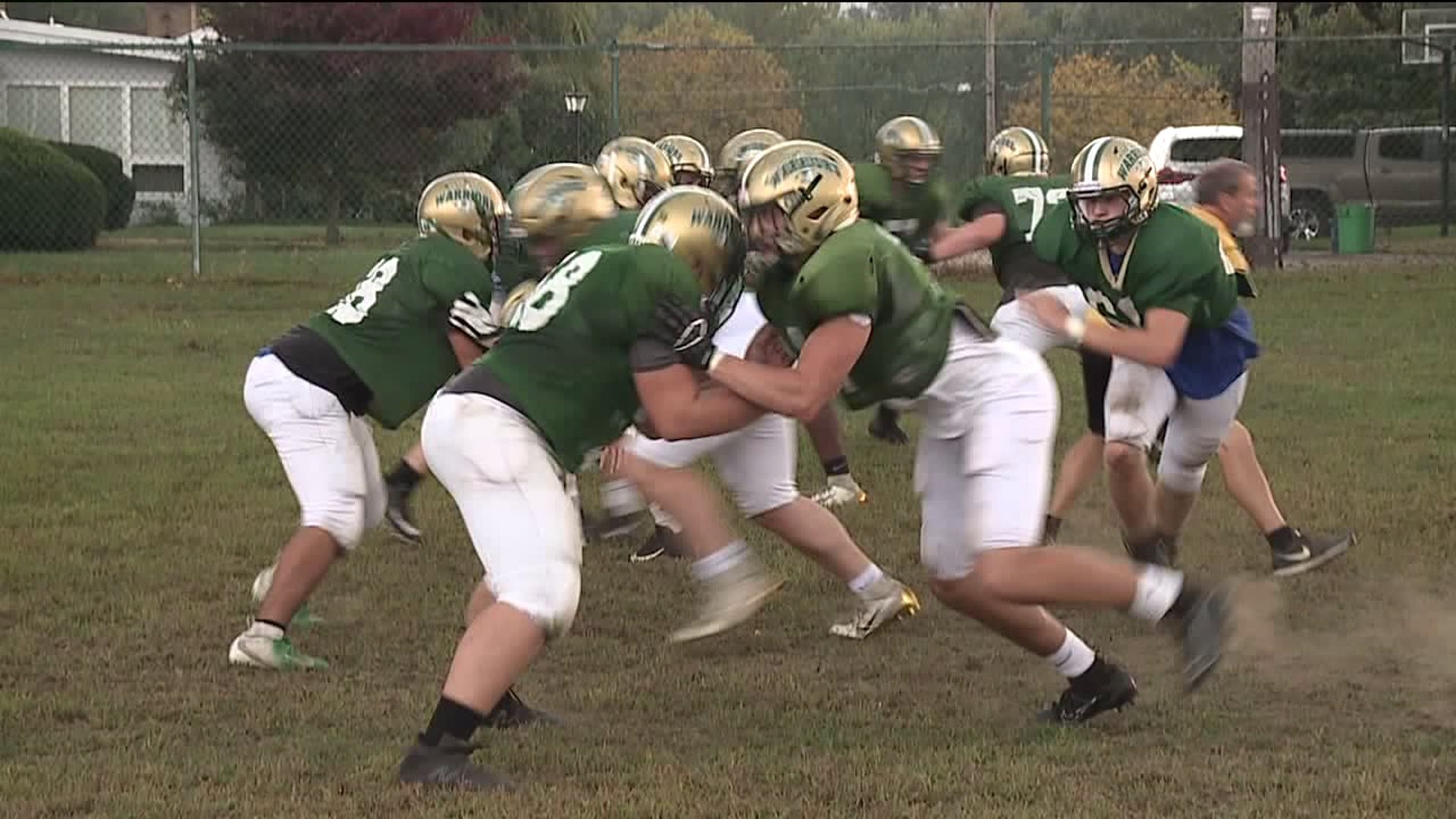Our Stormtracker 16 team confirms that the past few months have been warmer than normal. It's been a hot summer, and there is more heat ahead.
It also comes at a time when some high school sports practices are beginning.
In this Healthwatch 16 report, a primer on heat exhaustion versus heat stroke and what you should do in each scenario.
Summer heat can be enjoyable. Swimmers often pack beaches and pools this time of year, and boaters love to get out on the water when the weather is warm. But as with most things, overdoing it can have consequences.
Dr. Douglas Kupas says the emergency department at Geisinger Medical Center near Danville has seen a fair amount of heat-related illnesses this summer.
"Really, the heat illnesses are a bit of a spectrum, from relatively mild symptoms to life-threatening illnesses, which would be heat stroke."
Dr. Kupas spoke with Newswatch 16 about some important things to look out for if you'll be outdoors this summer.
First, a look at heat exhaustion, which is fairly common. It happens when someone either over-exerts themselves or has been in high temperature and/or high humidity conditions for too long.
"The symptoms of that are excessive sweating, also feeling light-headed, feeling a little nauseated, vomiting, a general feeling of malaise or not feeling well."
Football players practicing for too long in the heat without enough water is a good example here.
Heat exhaustion can be prevented by properly hydrating with mostly water and limiting time in the heat.
And it can be treated by resting, drinking enough, and getting into shade or indoors to cool off. In more severe cases, IV fluids may be necessary.
Heat stroke, on the other hand, is a life-threatening emergency that can cause injury to internal organs and requires medical help as soon as possible.
"We all have our own thermostat that helps tell us when to sweat and cool off, or when we need to shiver and warm up. With heat stroke your thermostat starts to malfunction. At that point, the patient stops sweating, stops regulating their own temperature," Dr. Kupas explained.
This is what happens when, for example, children are left for too long in hot cars, or elderly people spend too much time in sealed-up homes that aren't properly cooled.
The very young and very old are more susceptible to heat stroke.
And a word about alcohol: Dr. Kupas says it can make the symptoms of heat-related illnesses even worse, that when you're talking about properly hydrating, an alcoholic beverage doesn't count.



